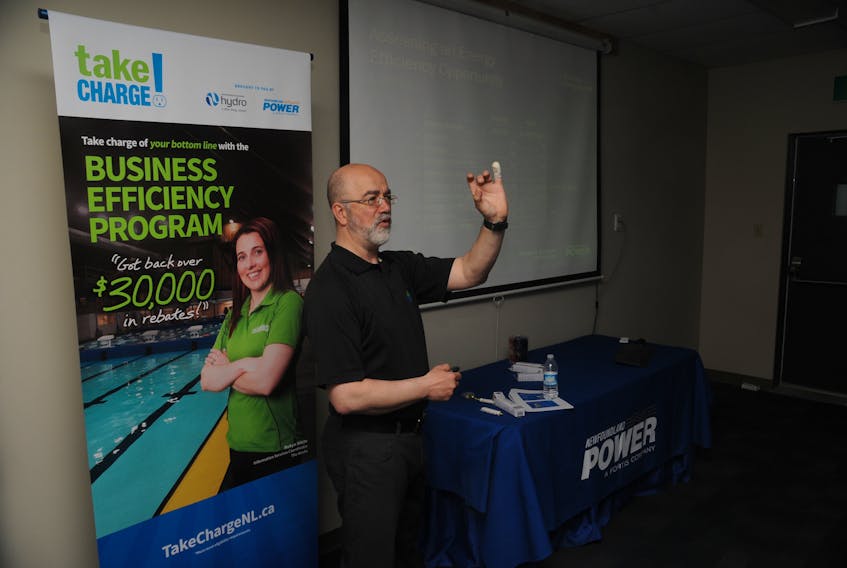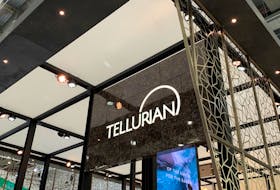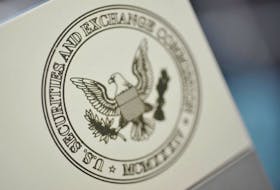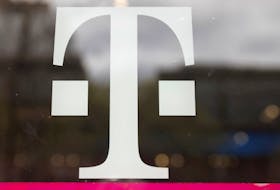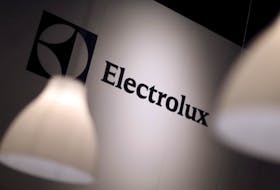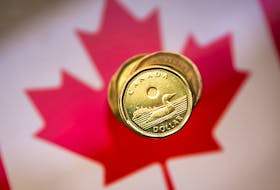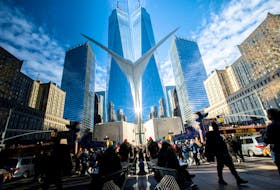CARBONEAR, N.L. — Find a project that reduces energy consumption, talk with Newfoundland Power about it, pay for it, get a rebate and then wait a few years. Ultimately, the project will pay for itself.
That was the concept Peter Upshall, a Newfoundland Power energy management engineer, pitched to representatives from municipalities and businesses during an information session at the company’s Carbonear office Wednesday, May 30.
Billed as a business energy forum, the gathering served as a way to explain how Newfoundland Power’s takeCHARGE program, which promotes energy conservation and offers rebates for qualifying projects, has been used by municipal governments and businesses to reduce costs.
“It’s really a bit of a two-pronged approach,” Upshall explained to The Compass shortly after his presentation. “One is that there’s incentives there, but we can also help people with technical advice just to assess their opportunities and help them move in the right direction.”

During the presentation, Upshall made note of some takeCHARGE projects in the Conception Bay North area Newfoundland Power has worked on. The Town of Bay Roberts decided to upgrade the lighting at Bay Arena with LED lights. It was a $46,000 project and the town received a rebate exceeding $4,400 from Newfoundland Power through takeCHARGE. Taking into account the amount of money the town will save on power bills, its expected the project will have paid for itself in approximately seven years. Meanwhile, LEDs last for upwards of 15 years, thus the town should realize considerable savings beyond those seven years.
“LED lighting, the price has come down a lot,” Upshall said, adding that there’s a lot of untapped potential for arena operators given the amount of energy they tend to consume. “The efficiency is very, very good on those types of products, and they’re simple and straightforward to do. So that’s the most popular one.”
The Royal Canadian Legion in Brigus took advantage of the program to install a Douglas Cooling & Heating system, and Avalon Ford took on light upgrades at its St. John’s and Bay Roberts locations valued at $46,000. With a $16,000 rebate, the car dealership expects the project to pay for itself in just under three years.
For towns, Upshall would see water treatment as another area where towns can save money through the use of modern motors with specialized controls that help them operate more efficiently.
With a growing awareness of the incentives available to energy consumers through the program, Upshall said there’s been an increased interest in takeCHARGE. He also suggested energy efficiency will gain added importance in the years ahead.
“Obviously, a lot of people are interested in what they’re paying for electricity and what the future costs will be,” he said. “Energy efficiency is a great way to control their use and their cost today and into the future, because they’re lowering their energy use and requirements through efficiency.”

